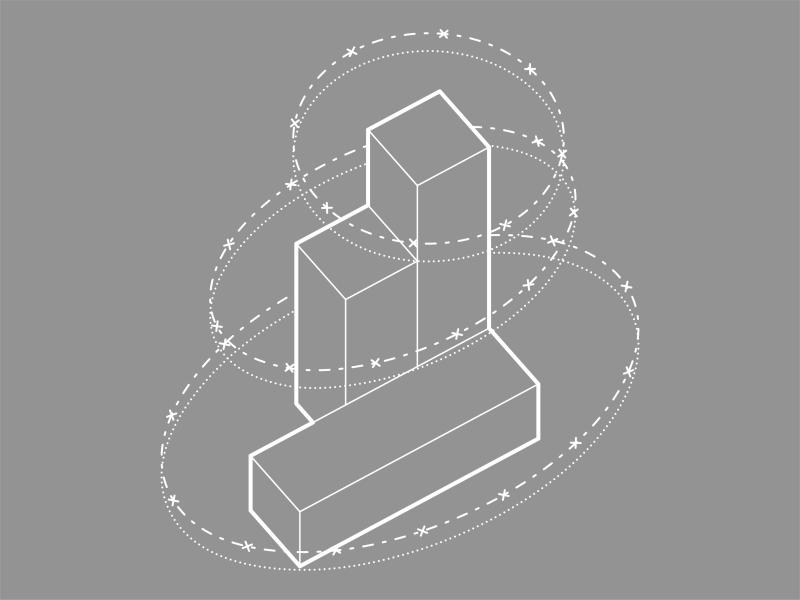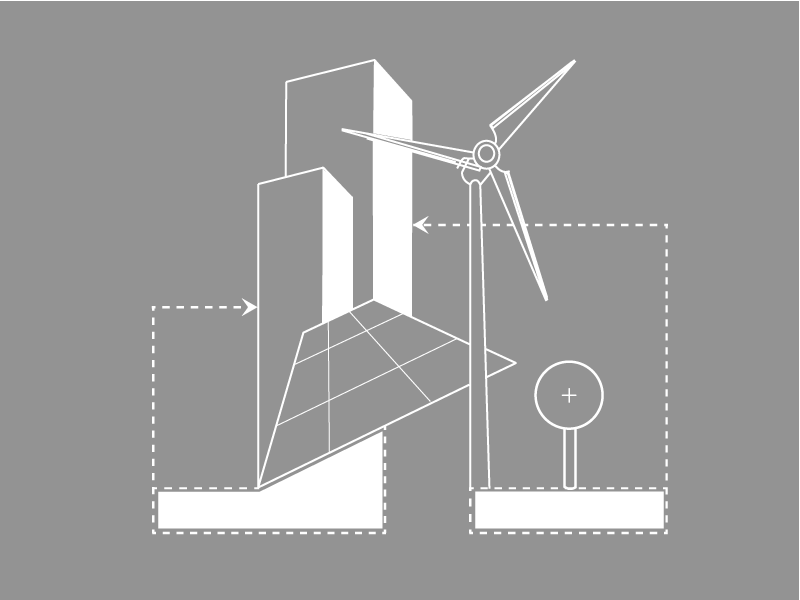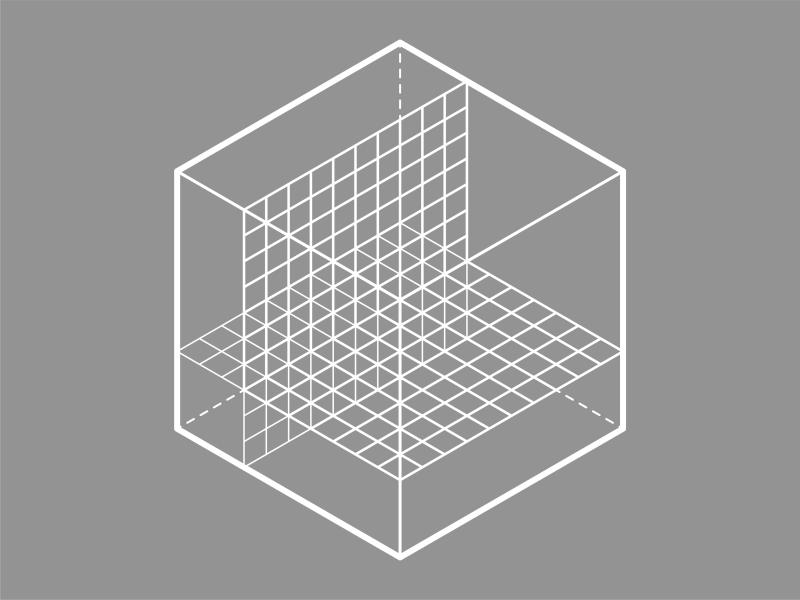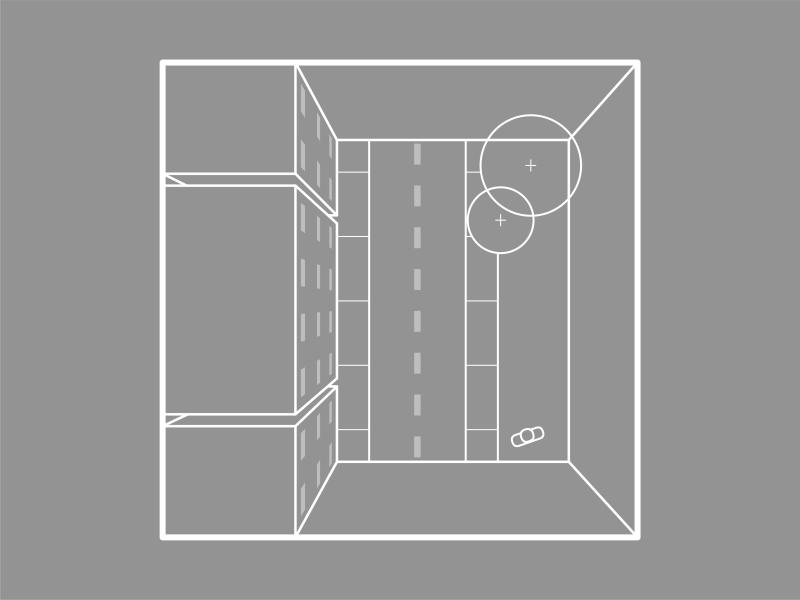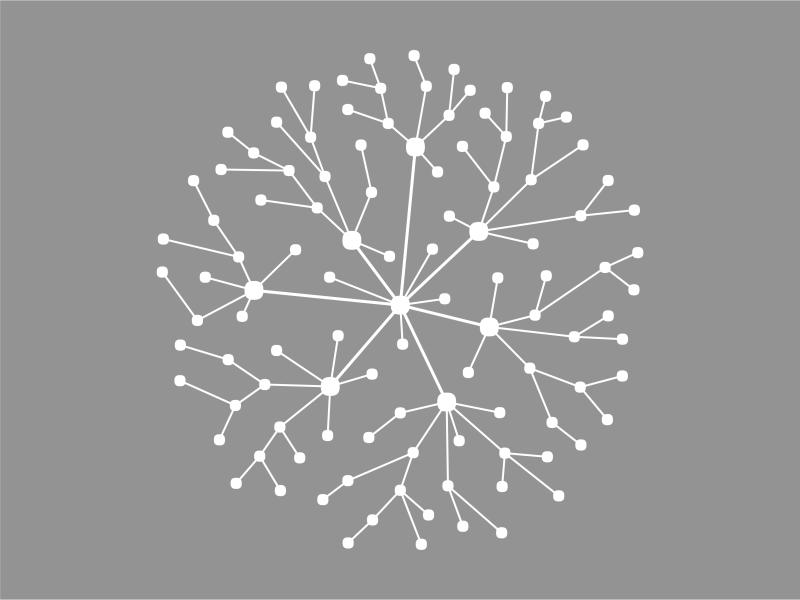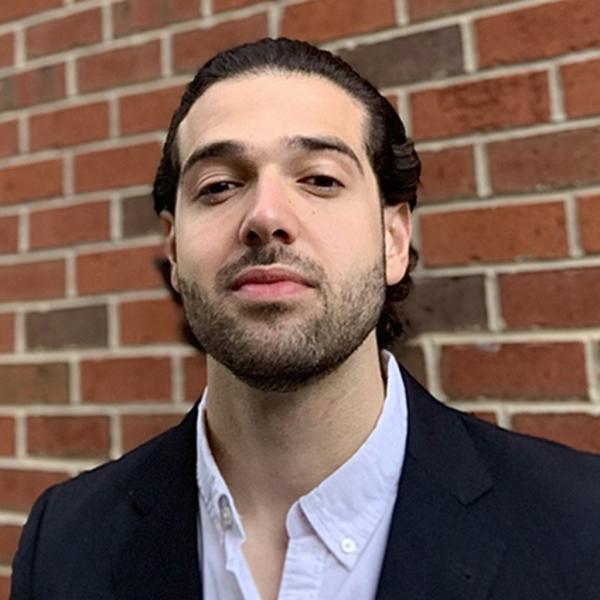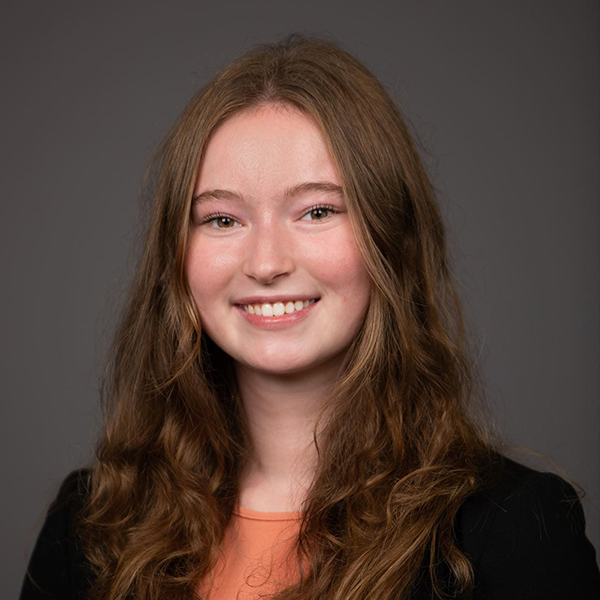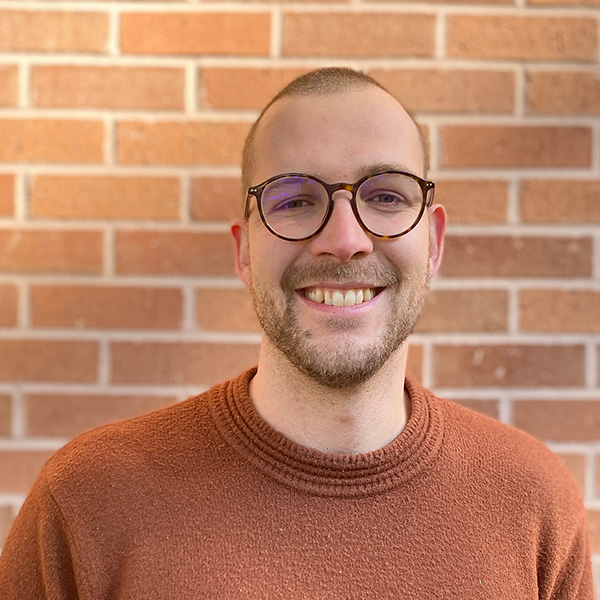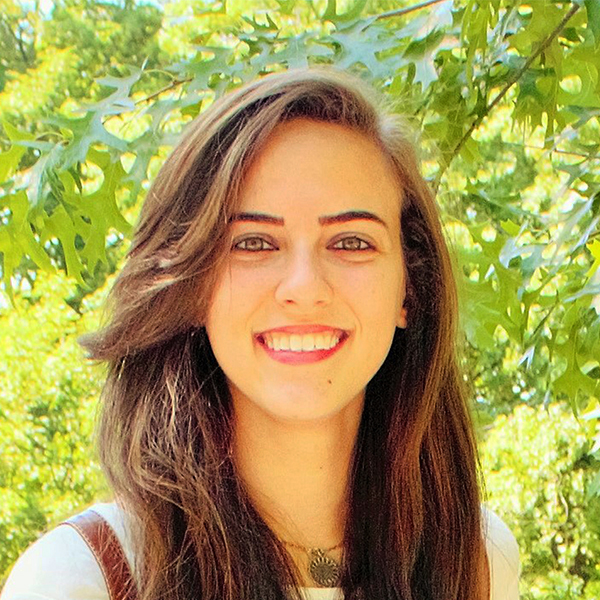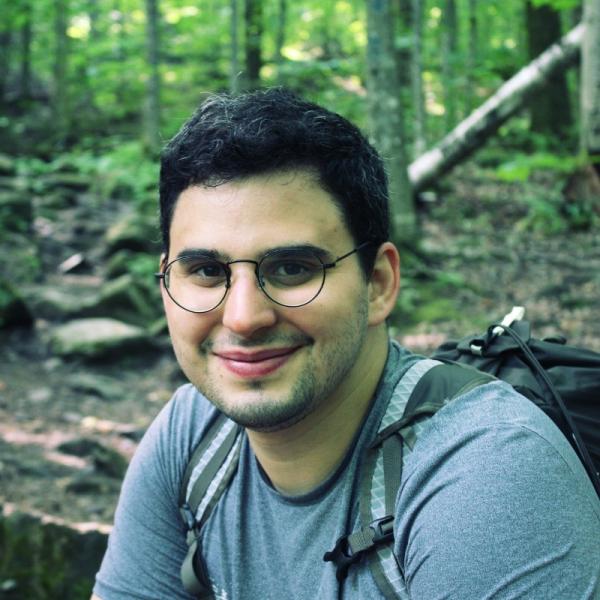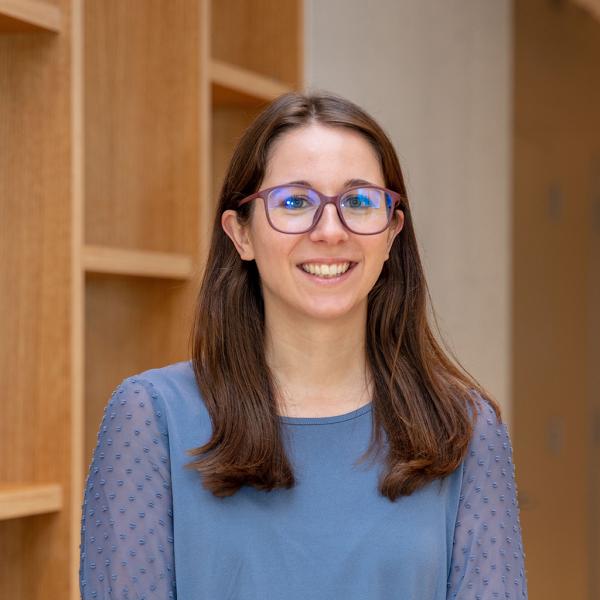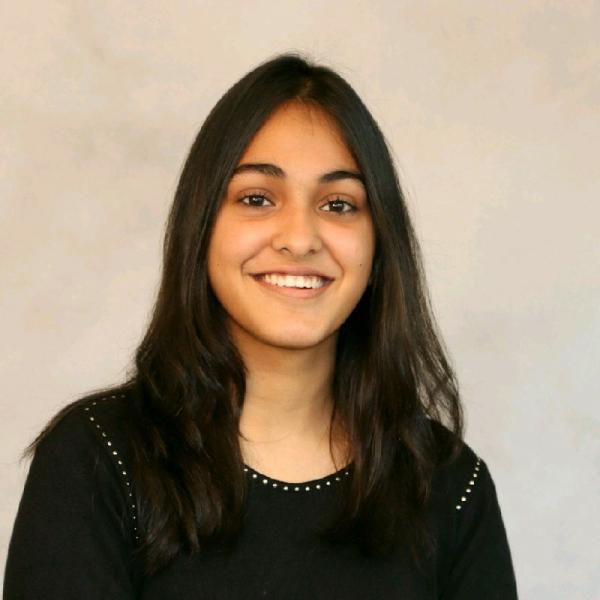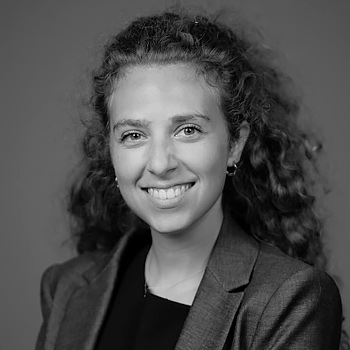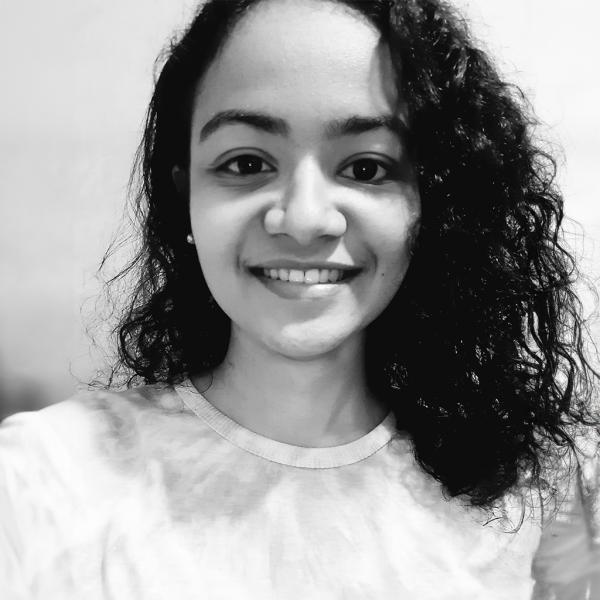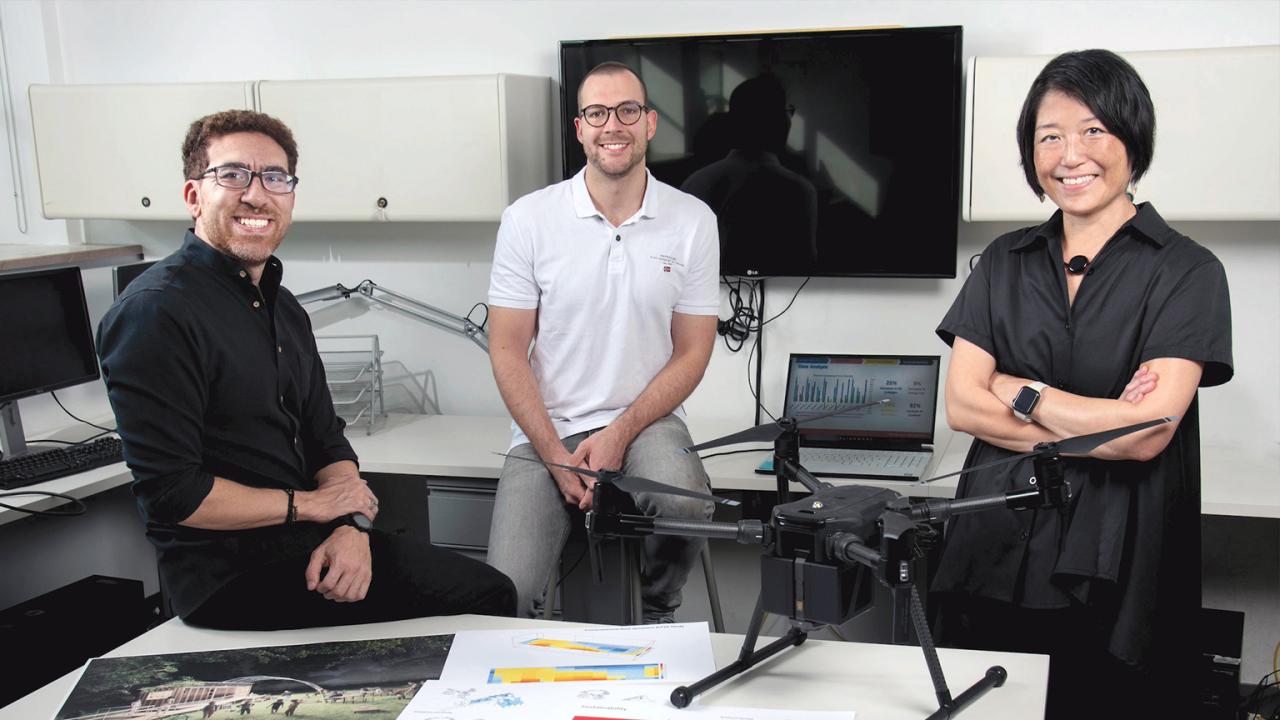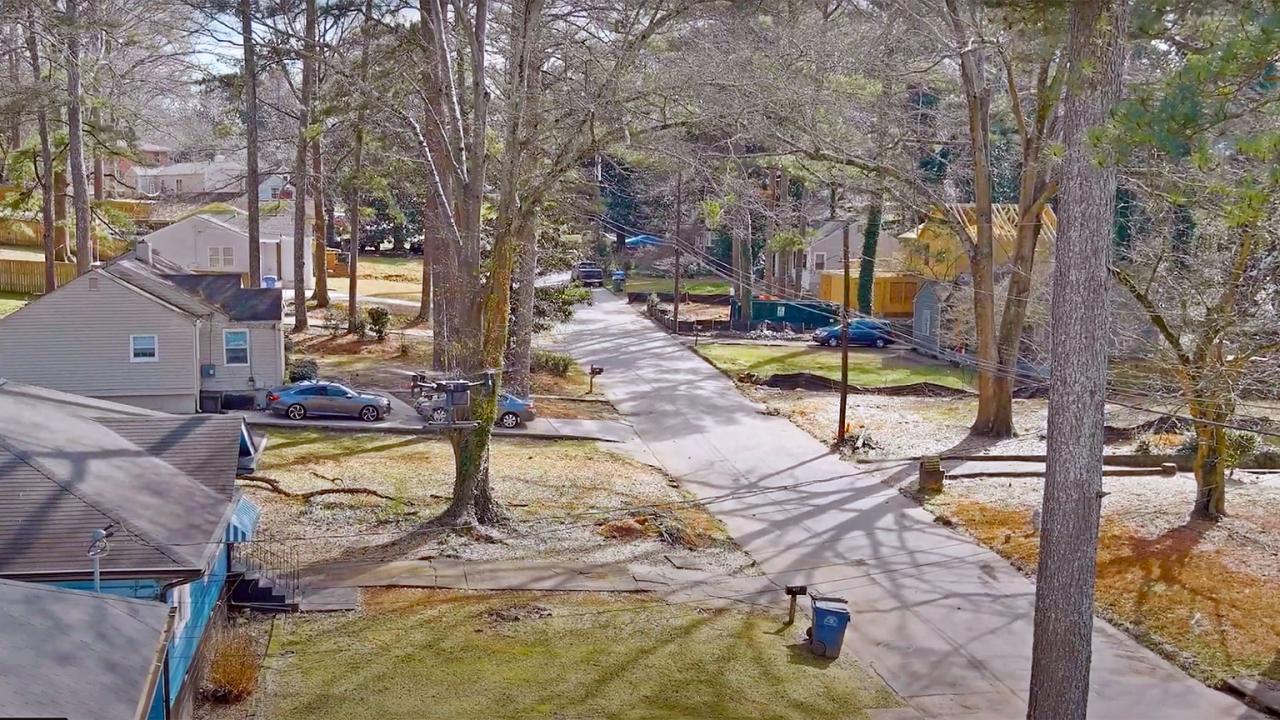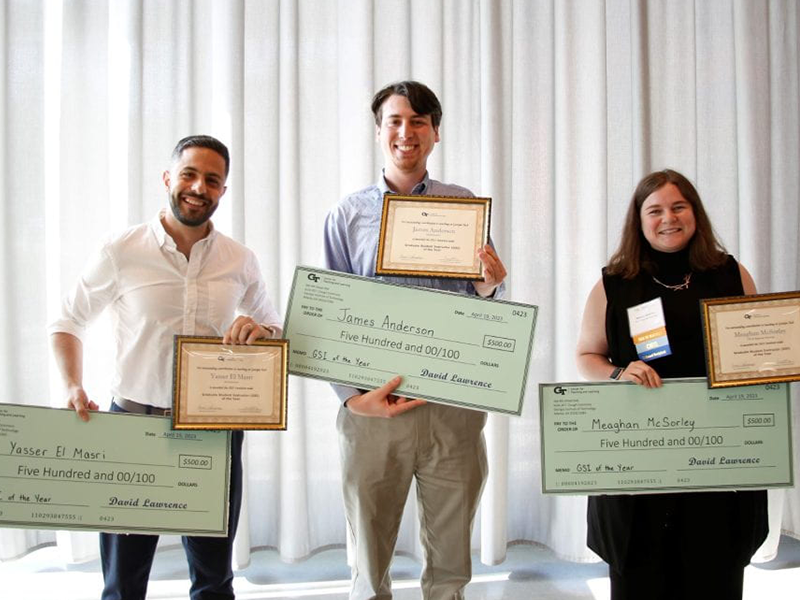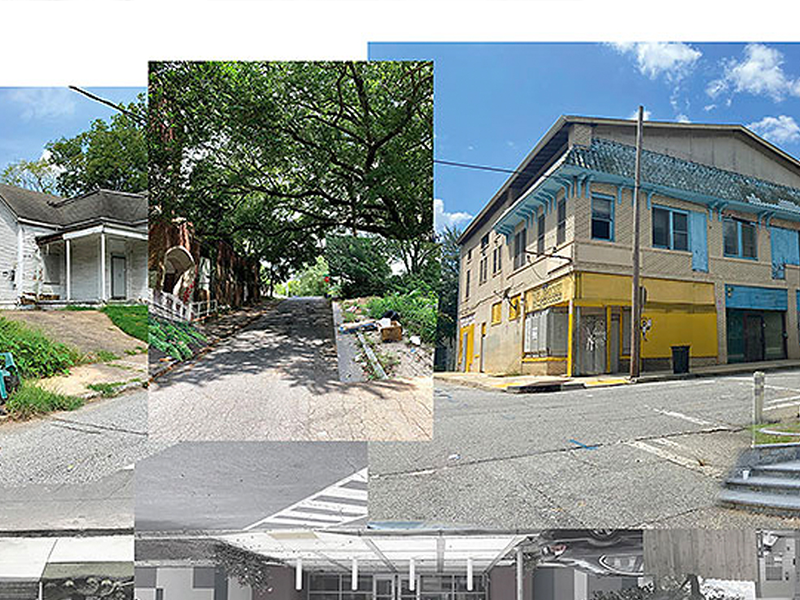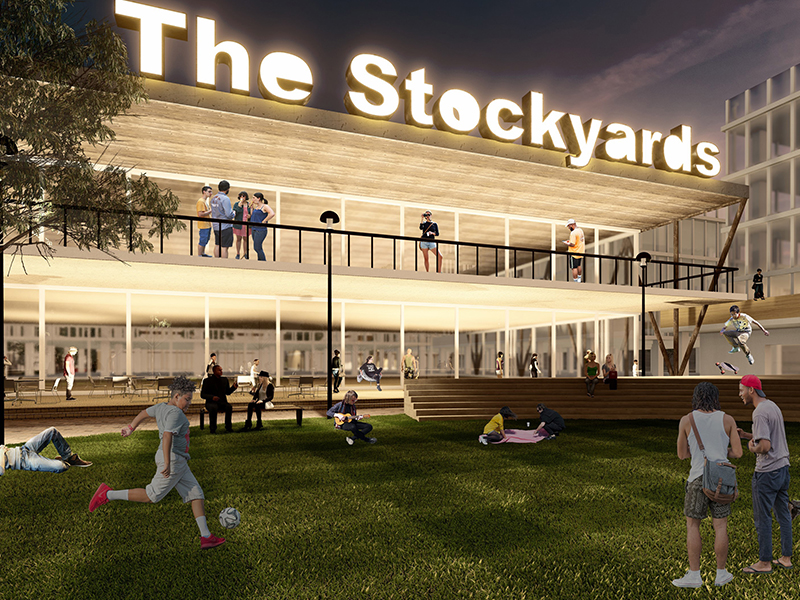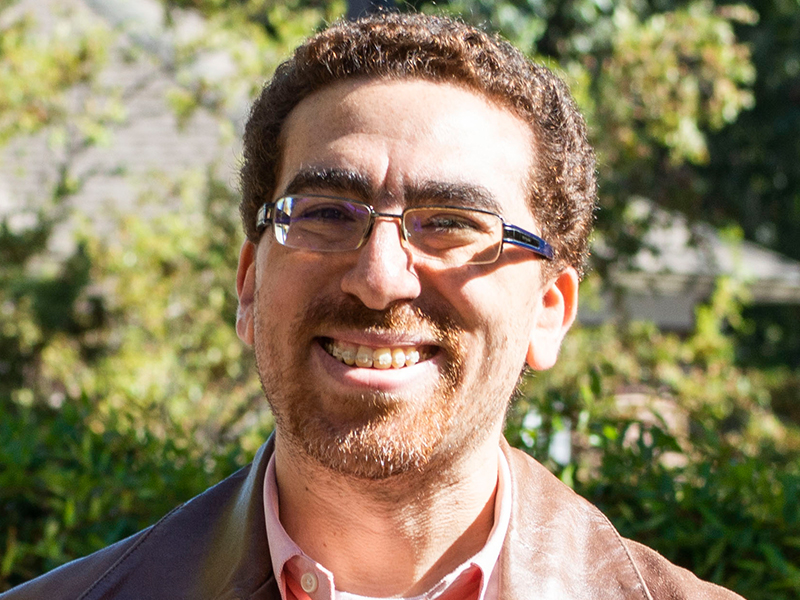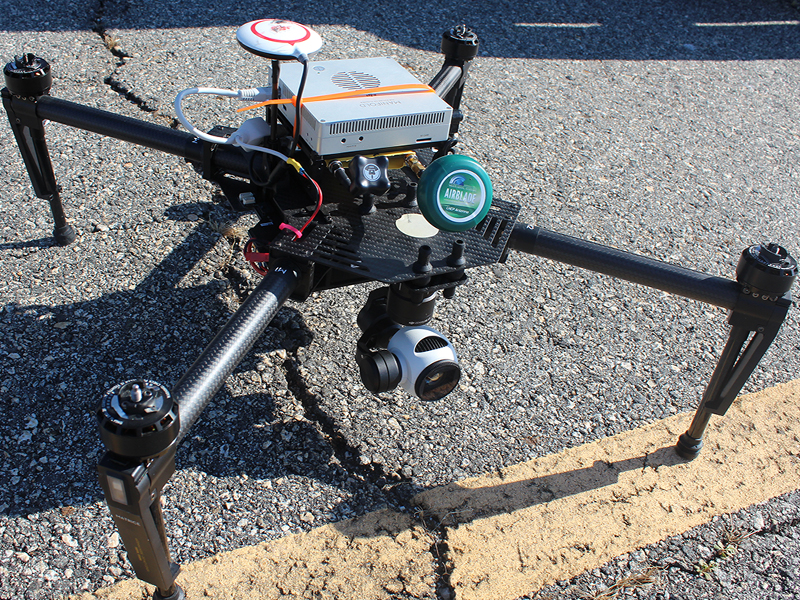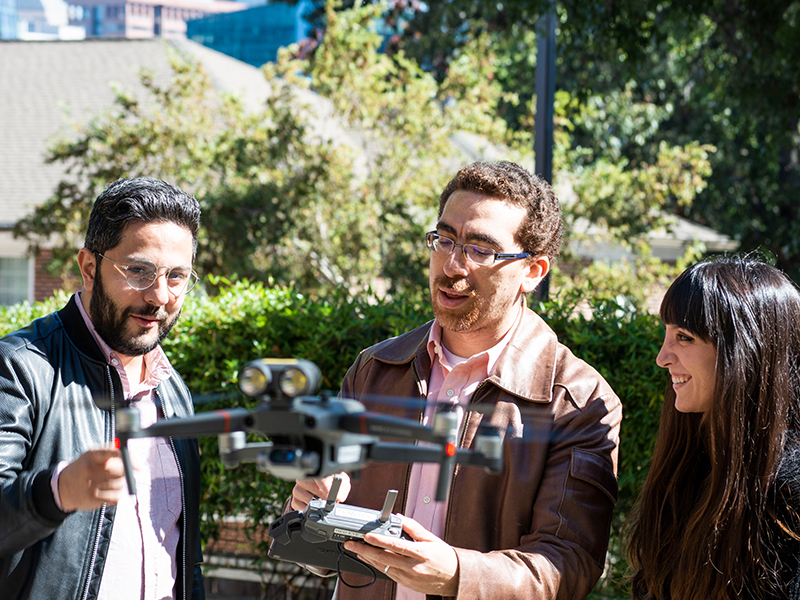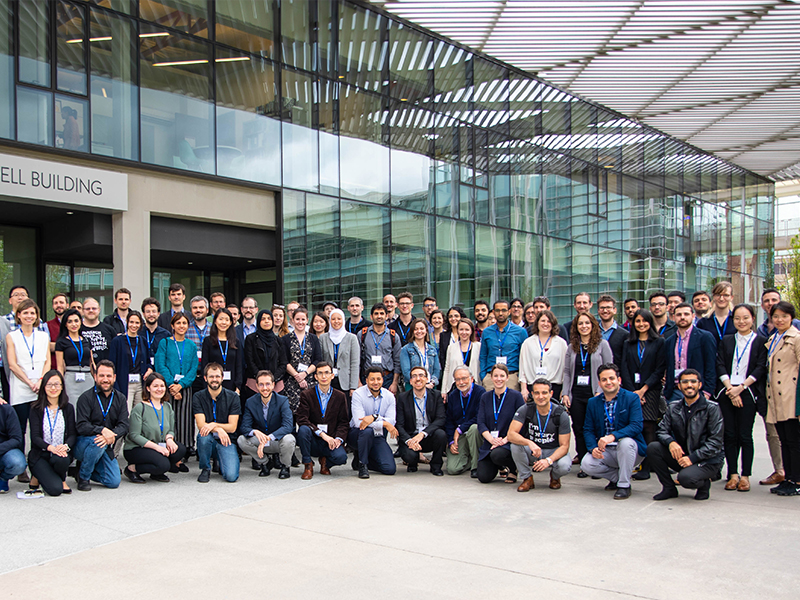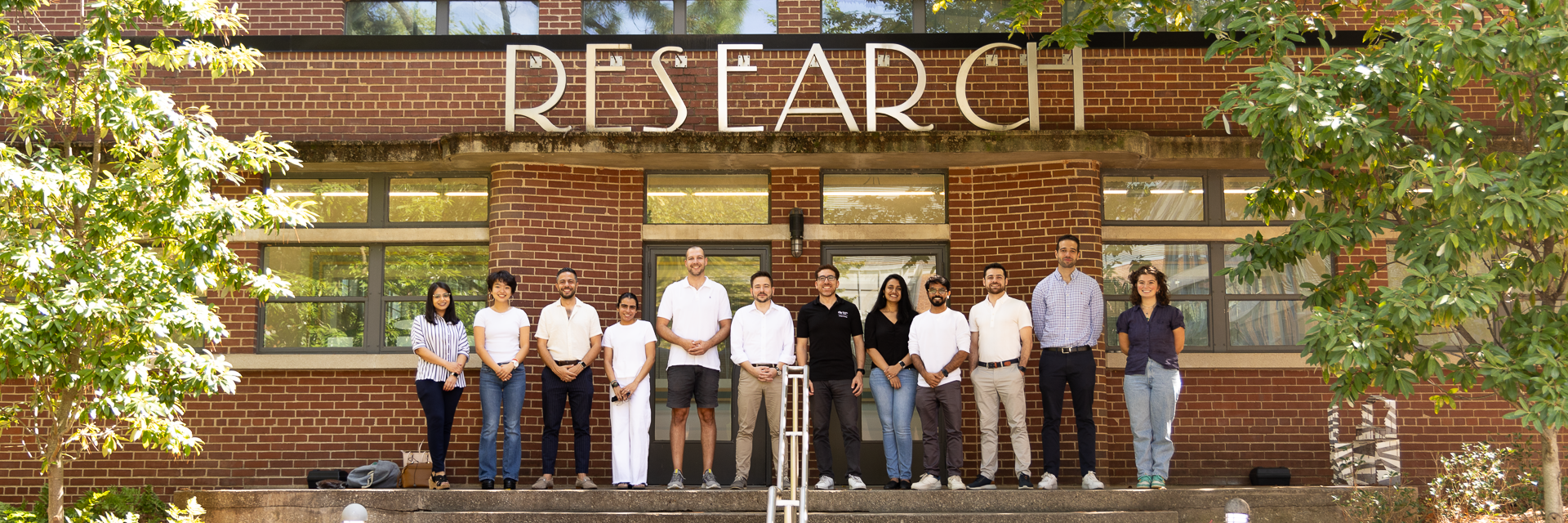
High Performance Building Lab
High Performance Building Lab
The HPBL is a transdiscplinary and convergent research lab housed in the School of Architecture, College of Design at Georgia Tech. Our goal is to disruptively transform design decision making processes to address complex societal problems through the development of impactful emergent technologies. We operate at the scale of components, architecture, urban design, and planning practices through basic and applied research, and by developing sustainable and resilient design workflows. The HPBL attracts qualified students with a background in architecture, design and technology, and/or engineering. The focus is addressing the calamities of our climate crises, especially by empowering marginalized communities that will be at most dire risk. Students take basic courses in architecture, energy, and the environment, as well as electives in engineering disciplines, along with courses that apply these subjects to buildings. The lab is organized into dynamic Research Groups that members form according to funded projects and research interests. We continuously contribute to the rigorous investigation of sustainability and equity in architecture and inventing the next state-of-the-art in building design technology.
Active Research Groups
Panagoulia, E., & Rakha, T. (2023). Data Reliability in BIM and Performance Analytics: A Survey of Contemporary AECO Practice. Journal of Architectural Engineering, 29(2), 04023006. https://doi.org/10.1061/JAEIED.AEENG-1483
Kastner, P., & Dogan, T. (2023). A GAN-based surrogate model for instantaneous urban wind flow prediction. Building and Environment, 110384. https://doi.org/10.1016/j.buildenv.2023.110384
Heidelberger, E., & Rakha, T. (2022). Inclusive urban building energy modeling through socioeconomic data: A persona-based case study for an underrepresented community. Building and Environment, 222, 109374. https://doi.org/10.1016/j.buildenv.2022.109374
Rakha, T., El Masri, Y., Chen, K., Panagoulia, E., & De Wilde, P. (2022). Building envelope anomaly characterization and simulation using drone time-lapse thermography. Energy and Buildings, 259, 111754. https://doi.org/10.1016/j.enbuild.2021.111754
Kastner, P., & Dogan, T. (2022). Eddy3D: A toolkit for decoupled outdoor thermal comfort simulations in urban areas. Building and Environment, 212, 108639. https://doi.org/10.1016/j.buildenv.2021.108639
Young, E., Kastner, P., Dogan, T., Chokhachian, A., Mokhtar, S., & Reinhart, C. (2022). Modeling outdoor thermal comfort along cycling routes at varying levels of physical accuracy to predict bike ridership in Cambridge, MA. Building and Environment, 208, 108577. https://doi.org/10.1016/j.buildenv.2021.108577
Kastner, P., & Dogan, T. (2020). A cylindrical meshing methodology for annual urban computational fluid dynamics simulations. Journal of Building Performance Simulation, 13(1), 59-68. https://doi.org/10.1080/19401493.2019.1692906
Rakha, T., & Gorodetsky, A. (2018). Review of Unmanned Aerial System (UAS) applications in the built environment: Towards automated building inspection procedures using drones. Automation in Construction, 93, 252-264. https://doi.org/10.1016/j.autcon.2018.05.002
Education: A Process of Learning by Design
Learning is the essence of advancement, and for the training of built environment students in advanced environmental systems and studios the HPBL envisions a classroom that is neither static nor unidirectional; it is an accessible, interactive, and open sourced “living lab.” We employ state-of-the-art simulation tools we develop and use in research to be used by students as a means for understanding building performance. Attending a research university, such as Georgia Tech, gives the students a chance to be at the heart of knowledge as it unfolds, and that is why we aim to integrate research concerns into courses: to enrich the process of learning, and put students at the forefront of discovery.
The HPBL leads in variety of studios, courses, and seminars at Georgia Tech, including courses such as:
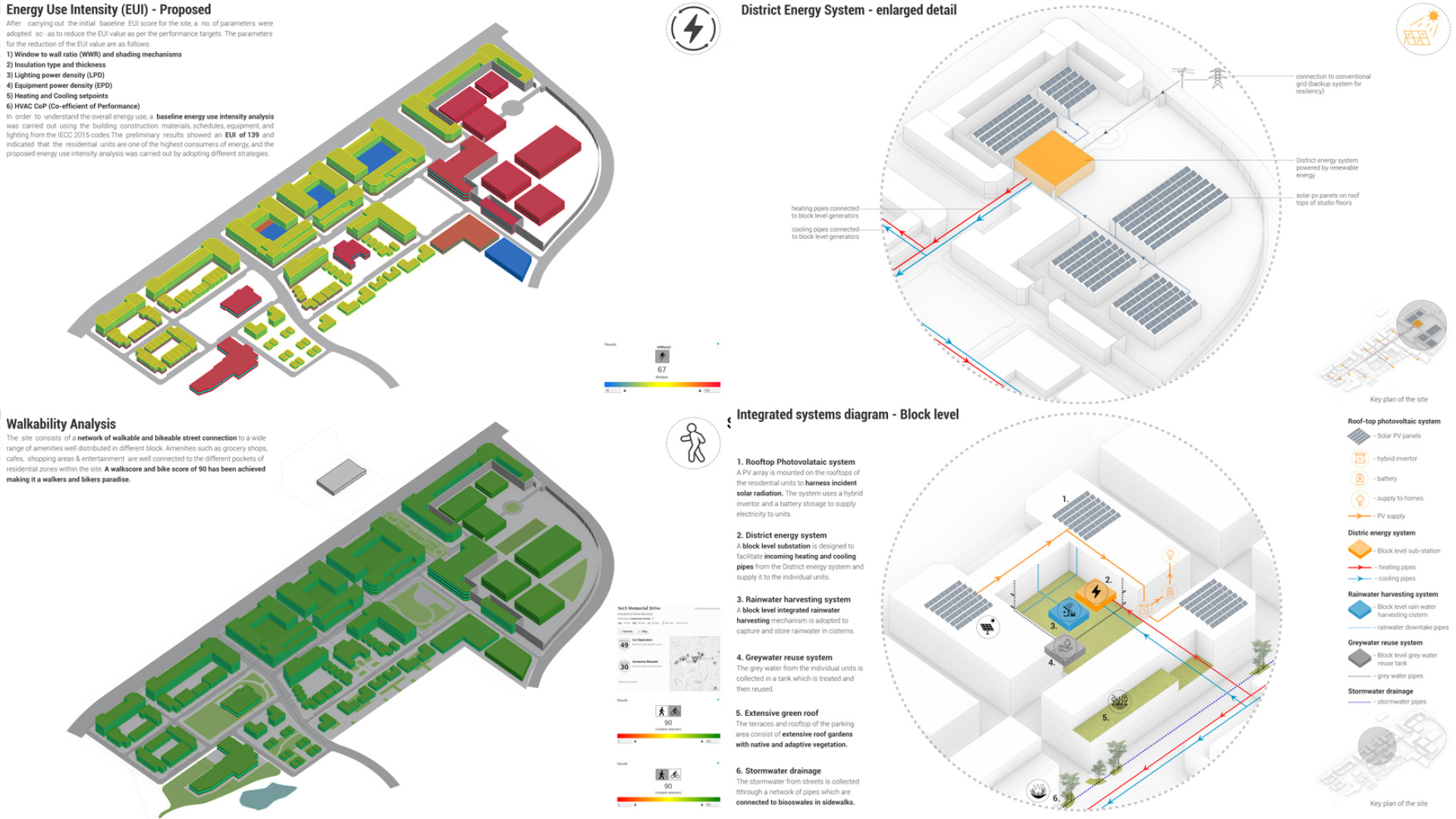
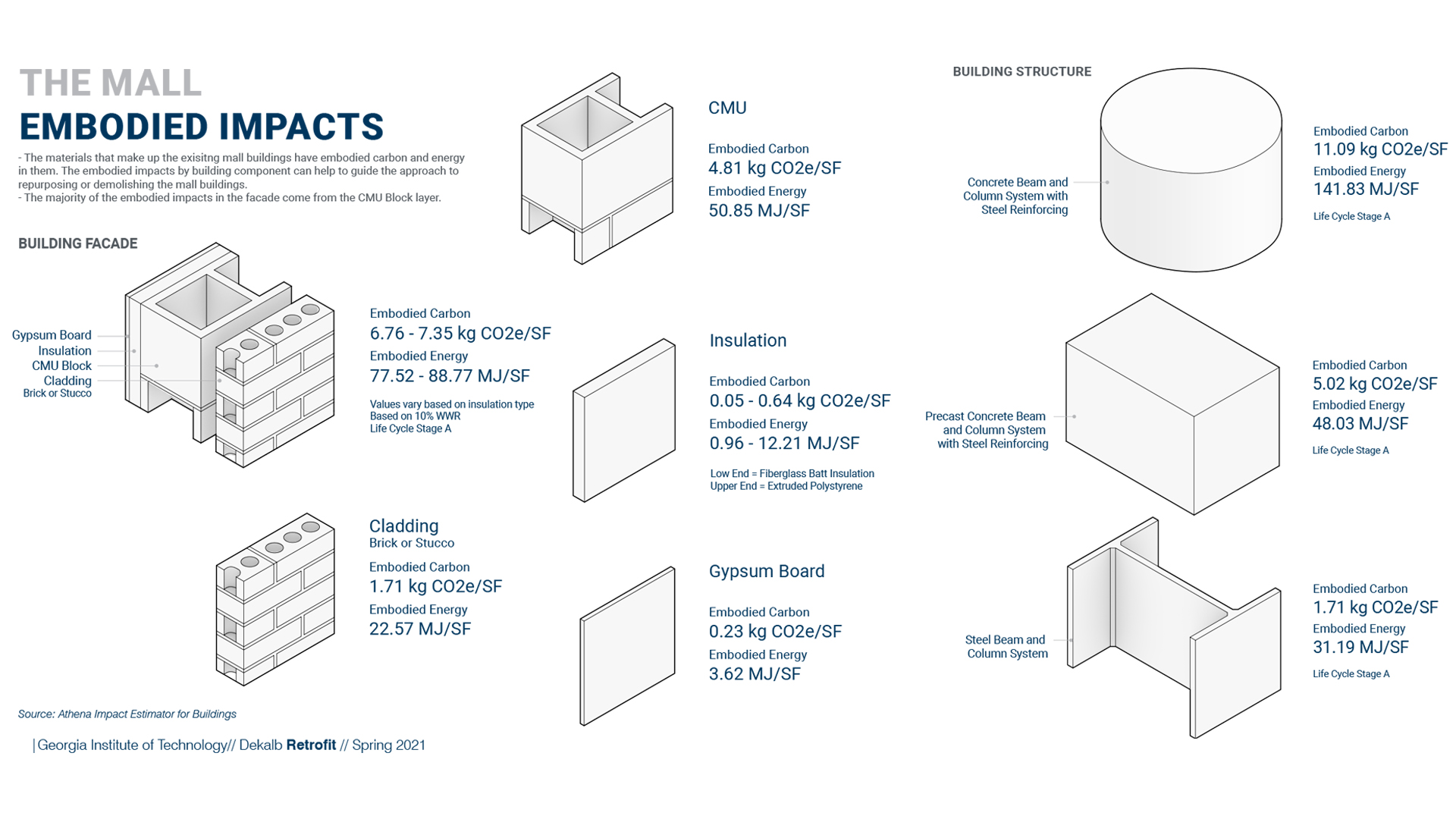

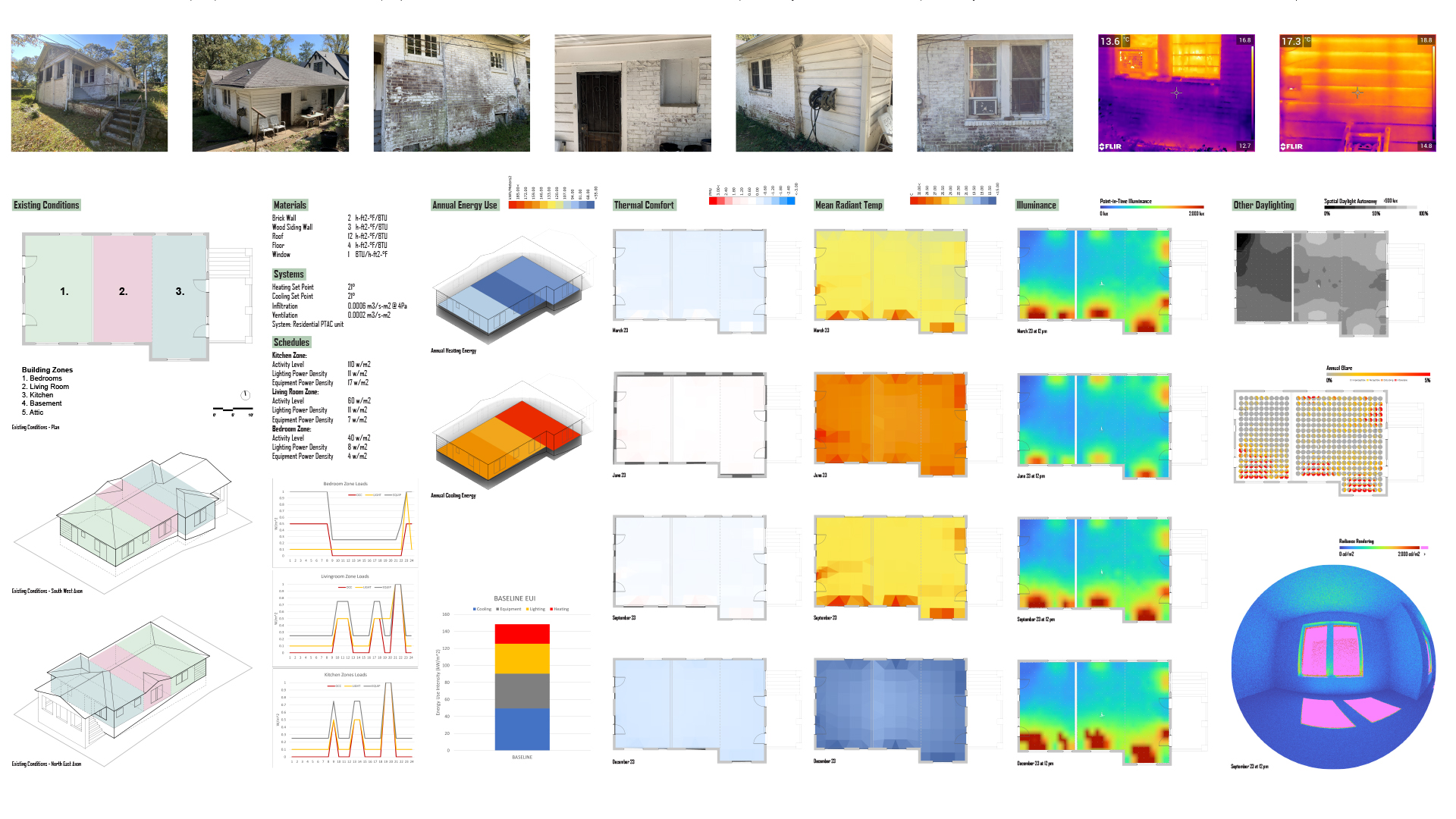
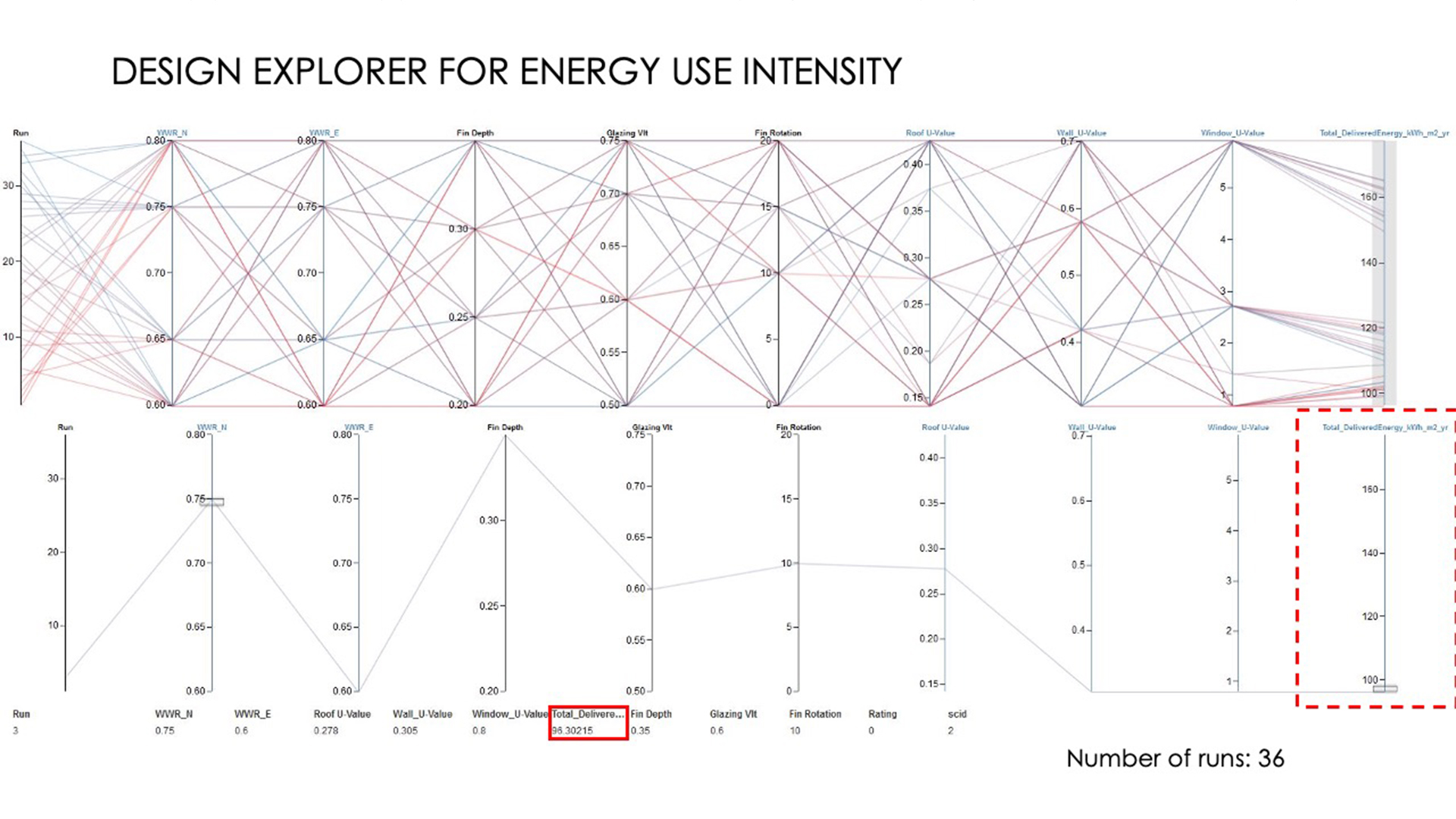
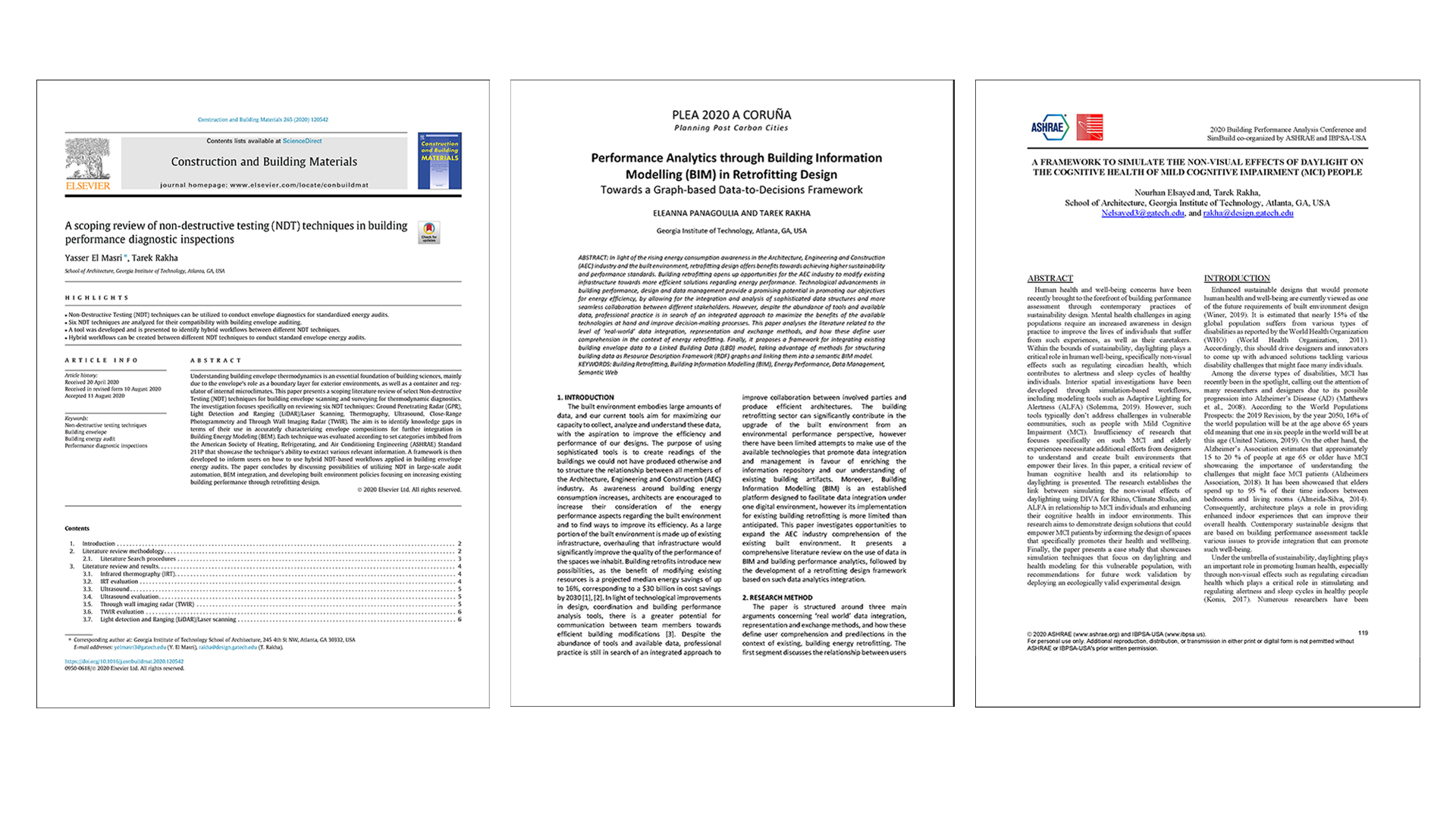
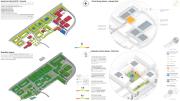
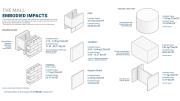
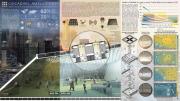
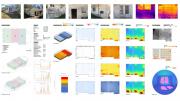
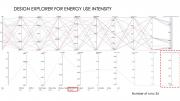
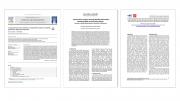
Retrofitting Design and Residential Grand Winner
Solar Decathlon Design Challenge 2022
The U.S. Department of Energy Solar Decathlon is a collegiate competition that has challenged teams of students to design or build high-performing buildings since 2002. Out of 101 participating teams, the English Avenue Yellow Jackets won the 1st prize for the Retrofit housing category and the Grand Prize for the Residential Divisions category. The event was held at the National Renewable Energy Lab, Colorado, on 22nd-24th April 2022. Read the School of Architecture Press Release and the US Department of Energy Announcement.
The Georgia Tech team comprised 12 graduate students from School of Architecture, School of Industrial and Systems Engineering, and School of Building Construction, participated in the Solar Decathlon Design challenge 2022. The team worked closely with Westside Future Fund as a Design Partner and Perkins&Will as an Industrial Partner for 6 intense months as English Avenue Yellow Jackets. The team participated in a Retrofit Housing category where they designed scalable and replicable building science and financial frameworks for the betterment of the underserved community of English Avenue in the west side of Atlanta, Georgia. The developed design is a retrofit solution for a 102-year-old house that is net-positive, provides occupant comfort, has efficient water use, provides accessibility and flexibility to the users, and is affordable by the 60% AMI (Area Median Income).
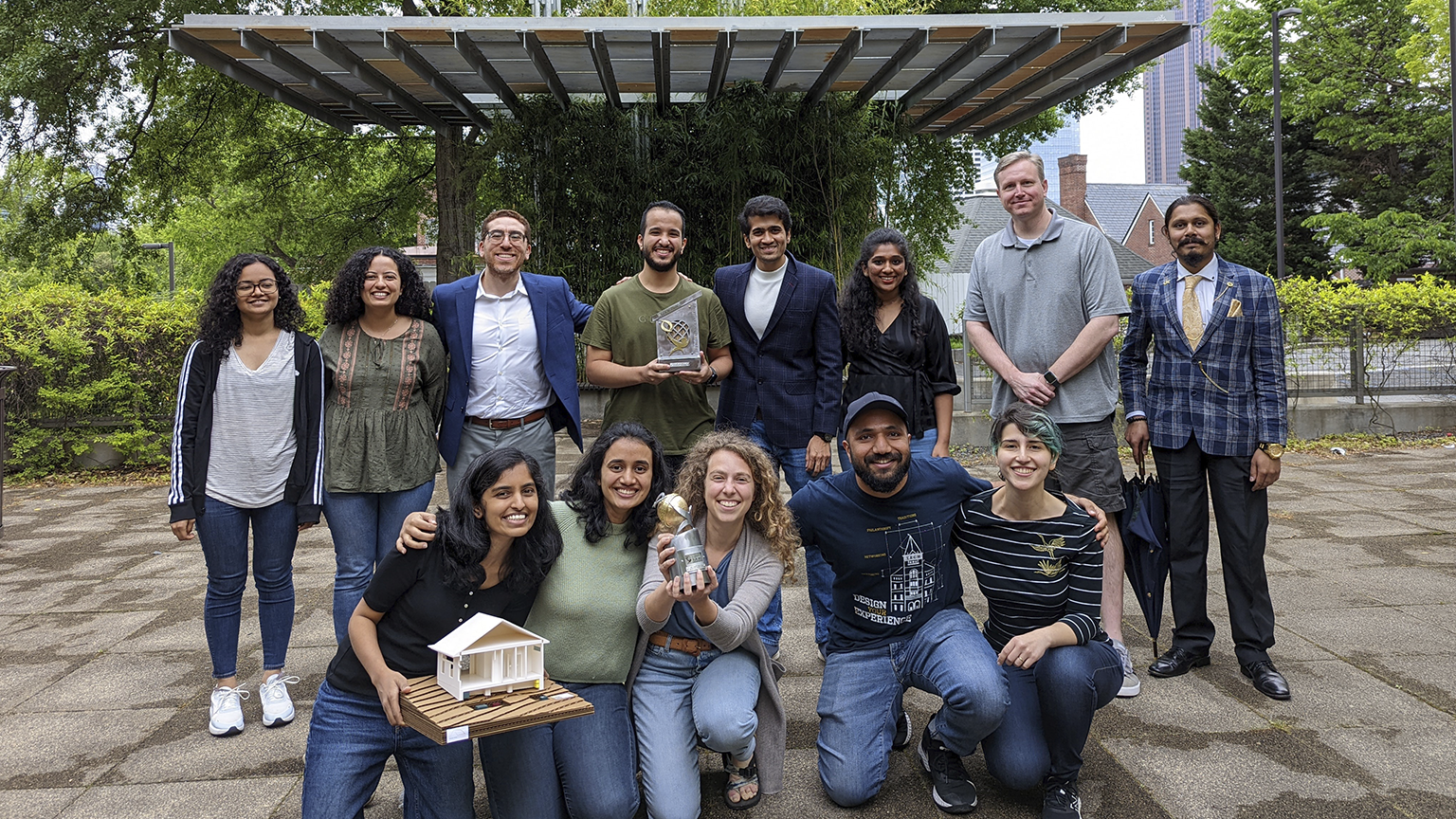
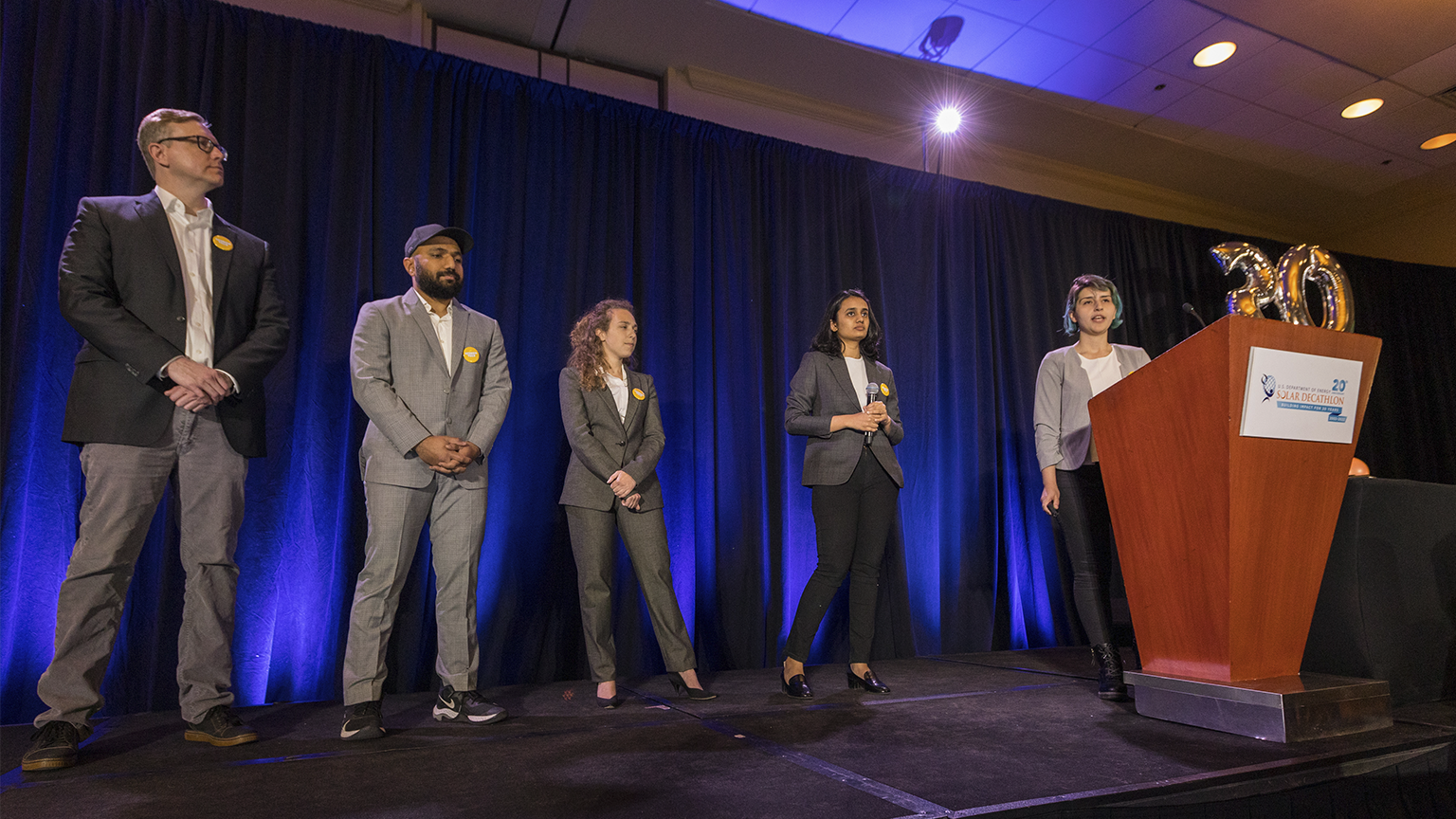
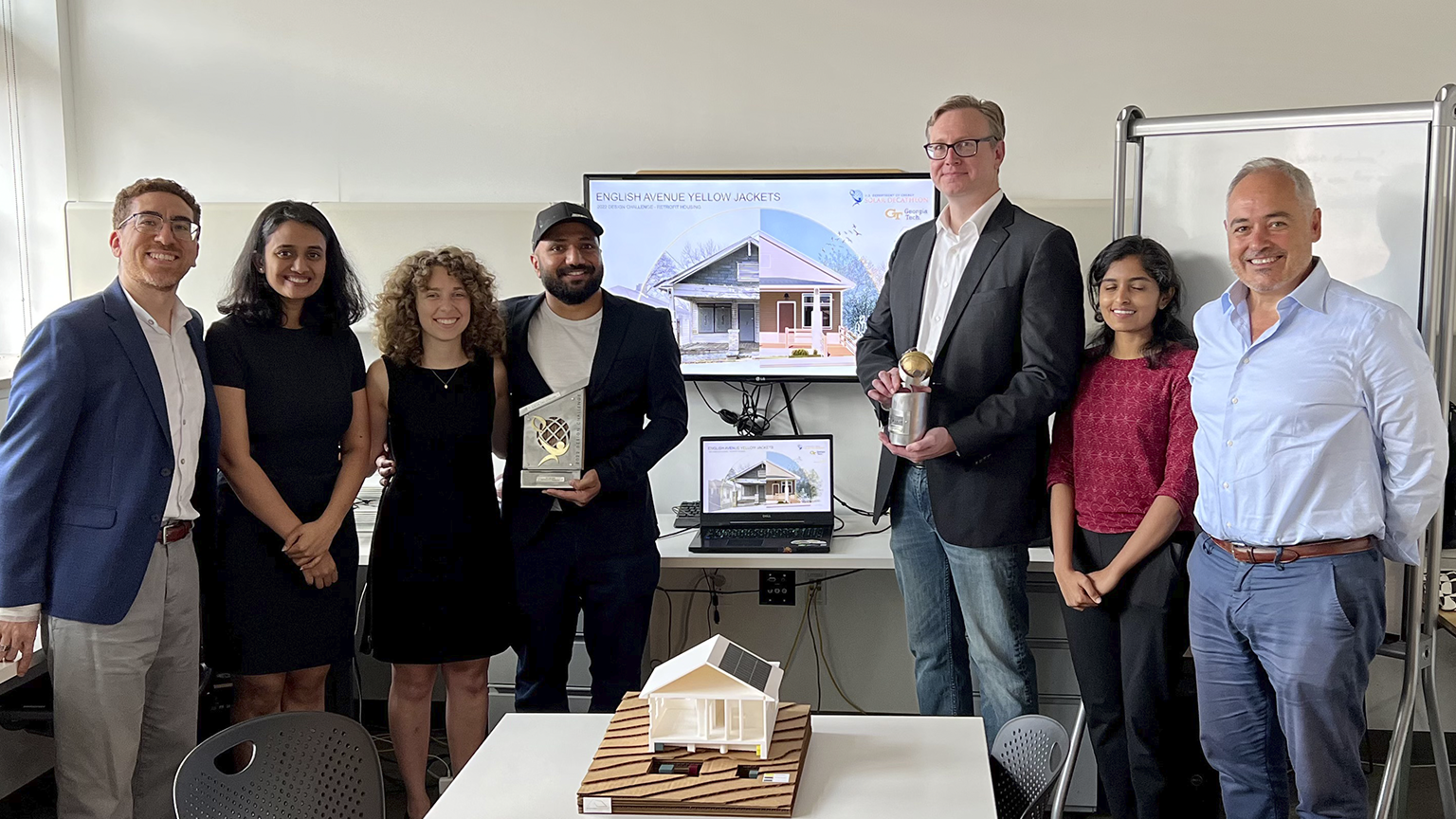
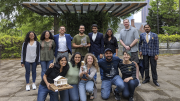

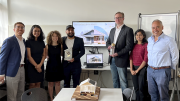
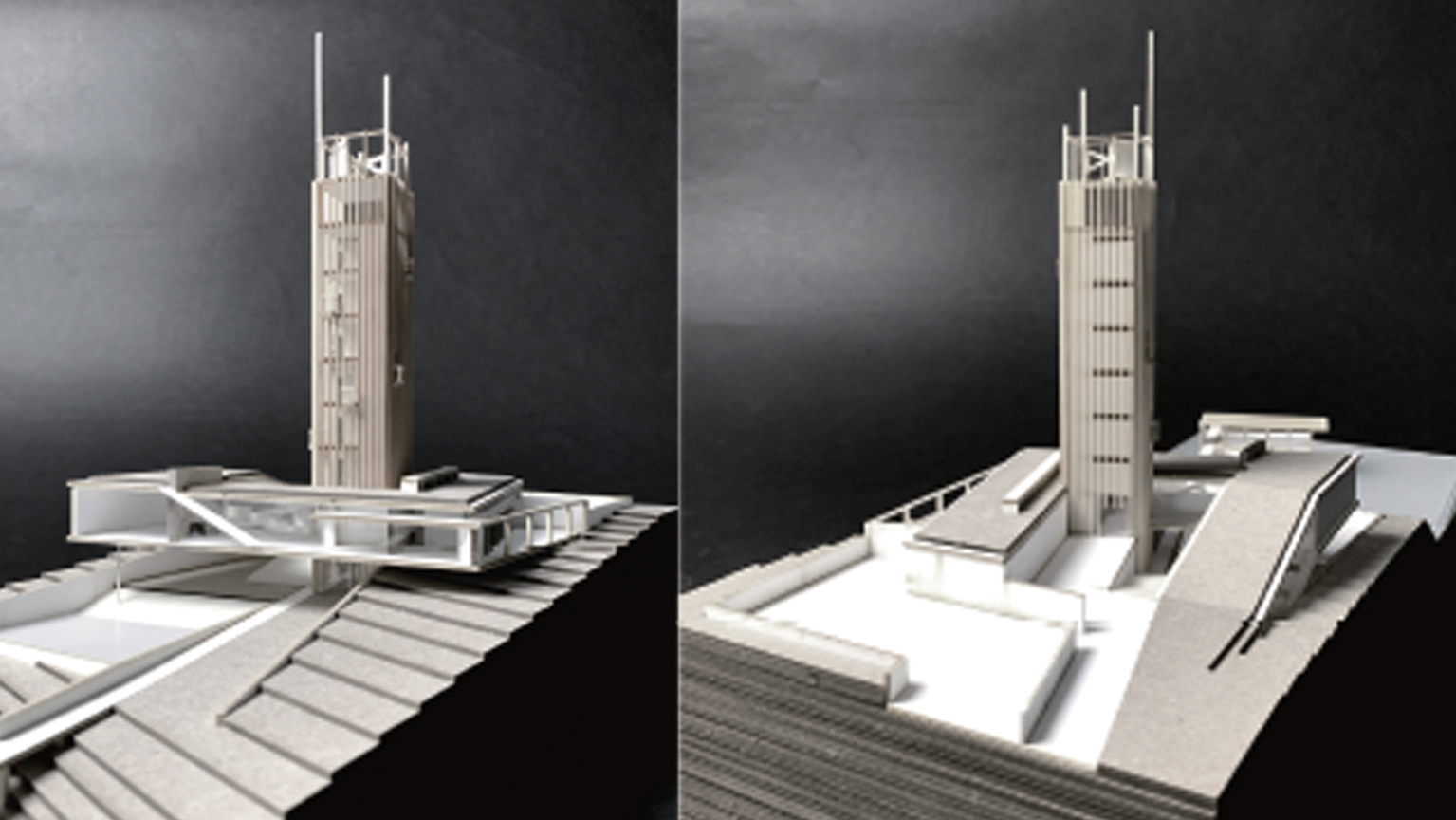
Two Awards: 1st Place and Honorable Mention
AIA and ACSA’s 2019 International Design Competition: Here+Now
The 2019 Design and Research (D+R) Studio, co-taught by Prof. Michael Gamble and Dr. Tarek Rakha, assigned students to tackle the ACSA Zero-Energy Urban Housing Competition proposal. Of the 400+ international participants, Georgia Tech School of Architecture students brought two awards home, Kang Song (’19), Dan Lu (’19), Raunak Tibrewala (’19), were awarded first prize, and Solangely Rivera Hernandez (’19), Warren Campbell (’19), and Lu received an honorable mention.
Over 400 entries participants submitted work to HERE+NOW: A House for the 21st Century, an international student design competition administered by the Association of Collegiate Schools of Architecture (ACSA) and sponsored by American Institute of Architecture (AIA) and Custom Residential Architects Network (CRAN®). HPB and Design student groups won first prize and an honorable mention, bringing home 2 out of 6 total prizes.
The first prize project titled, “ANOTHER LIFE—Sustaining Iceland’s Family Fishing Economy” looked at the impact of climate change on the fishing industry in Iceland. With an economic imbalance spurred by a shrinking supply of fisheries and a growing tourism industry, Song, Lu, and Tibrewala addressed both matters by designing an energy efficient and sustainable hotel and a house.
The honorable mention project titled, “Recovery Assemblies: Rapid Deployable Housing Post-Disaster Events” looked at the current protocols provided by disaster relief organizations as people are displaced following floods, hurricanes, earthquakes, etc., where Hernandez, Campbell, and Lu created prototypical, temporary, versatile, and self-sustaining modules that could be adapted to the needs of the user.
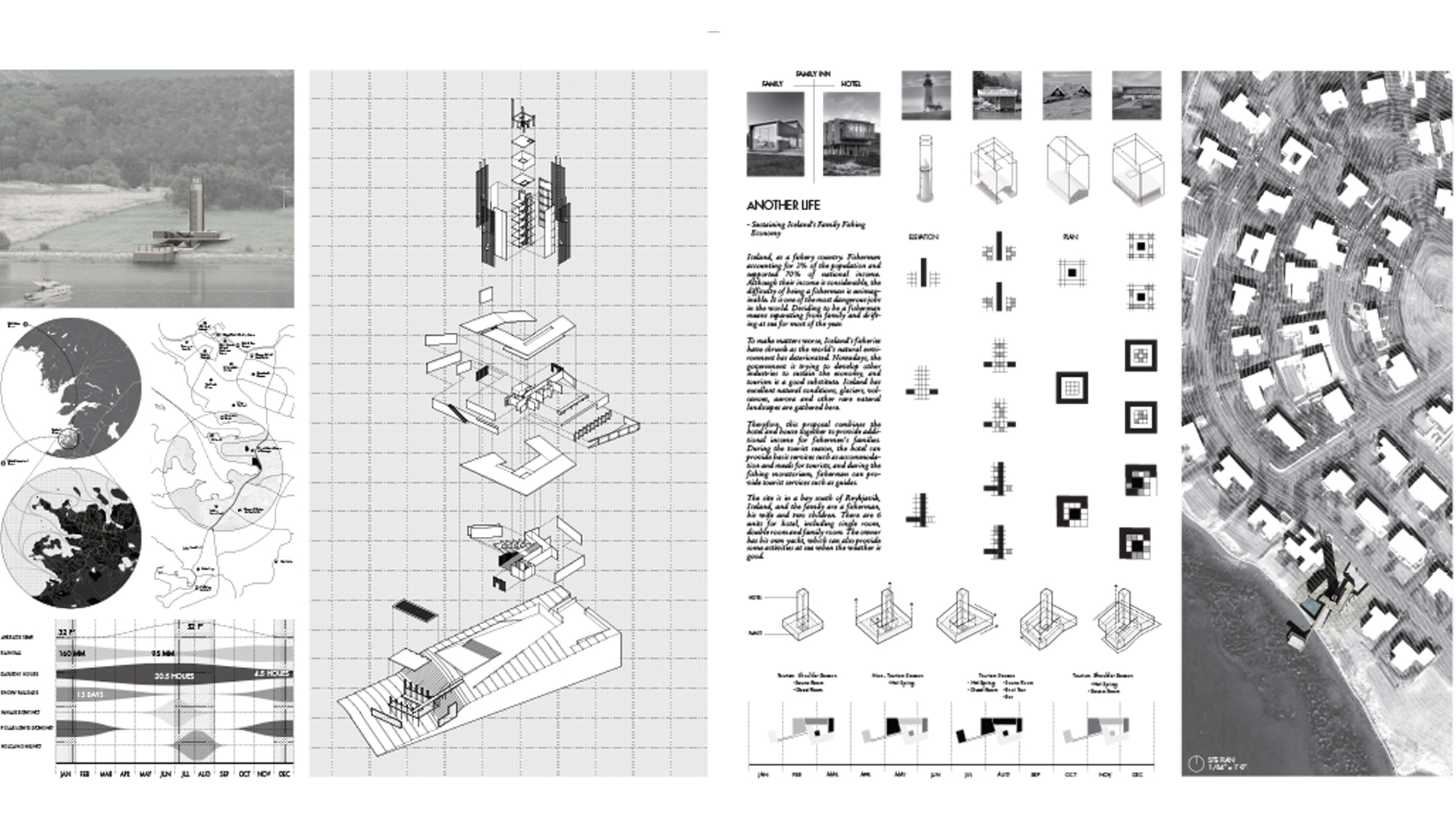
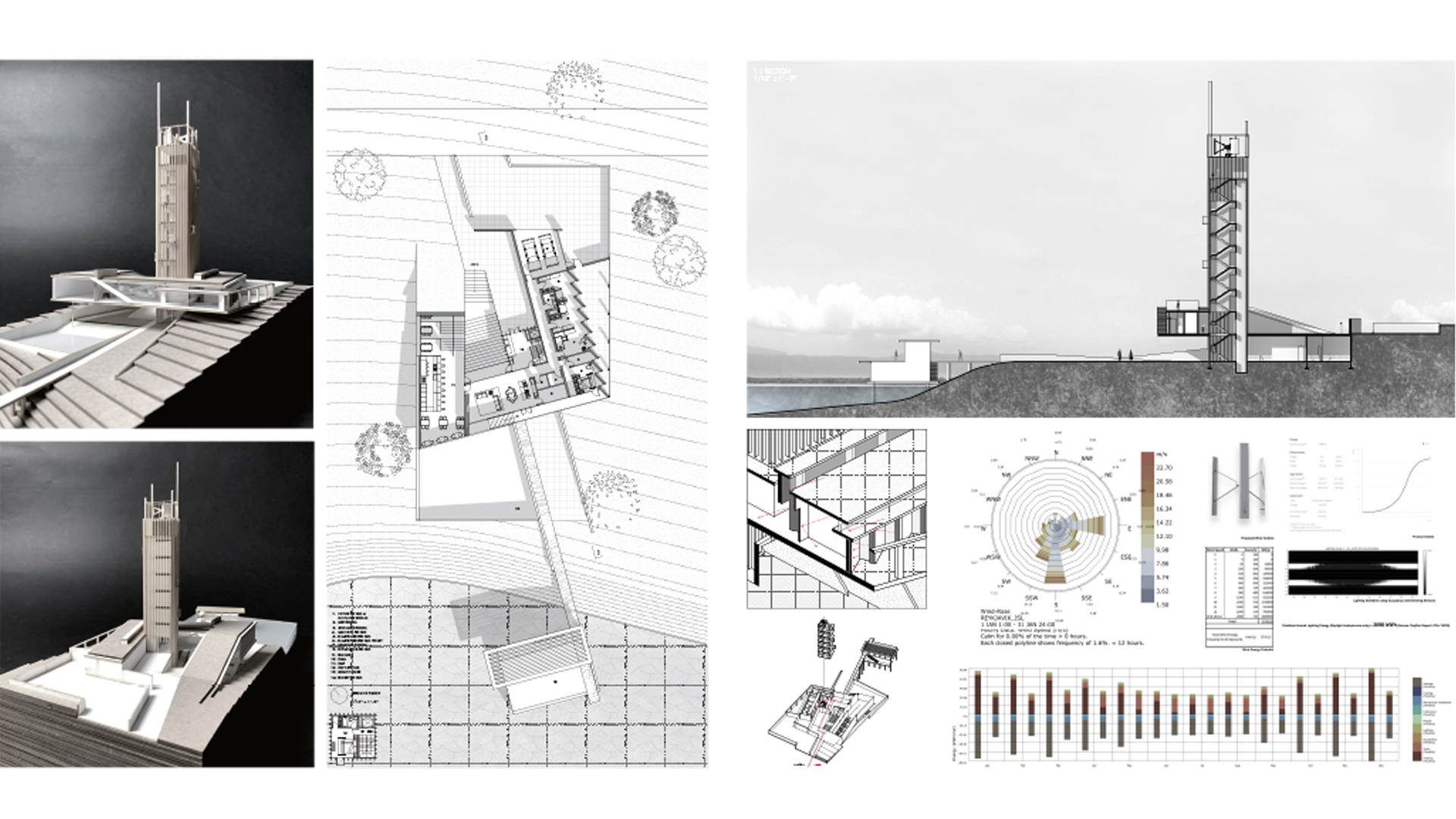
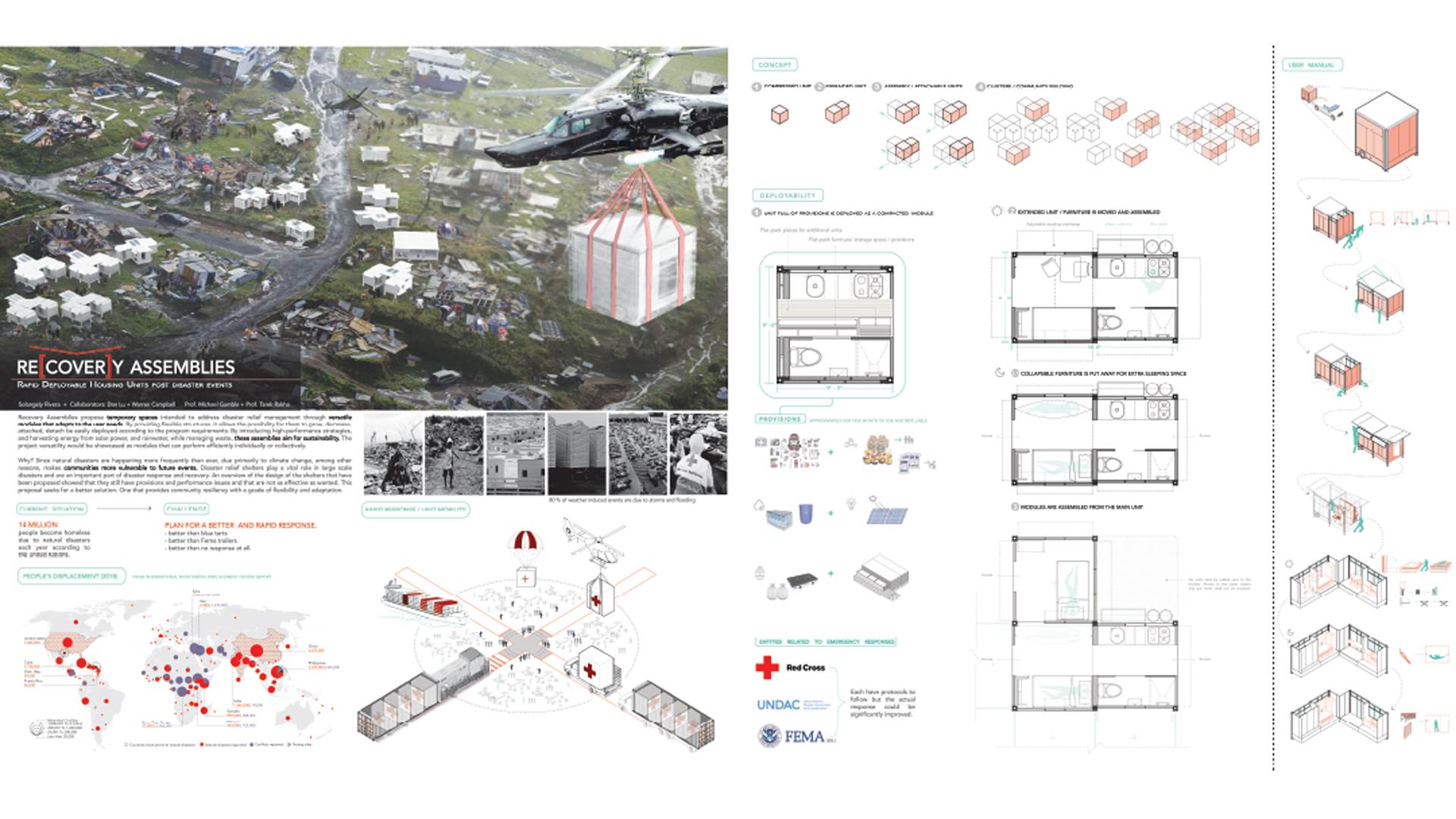
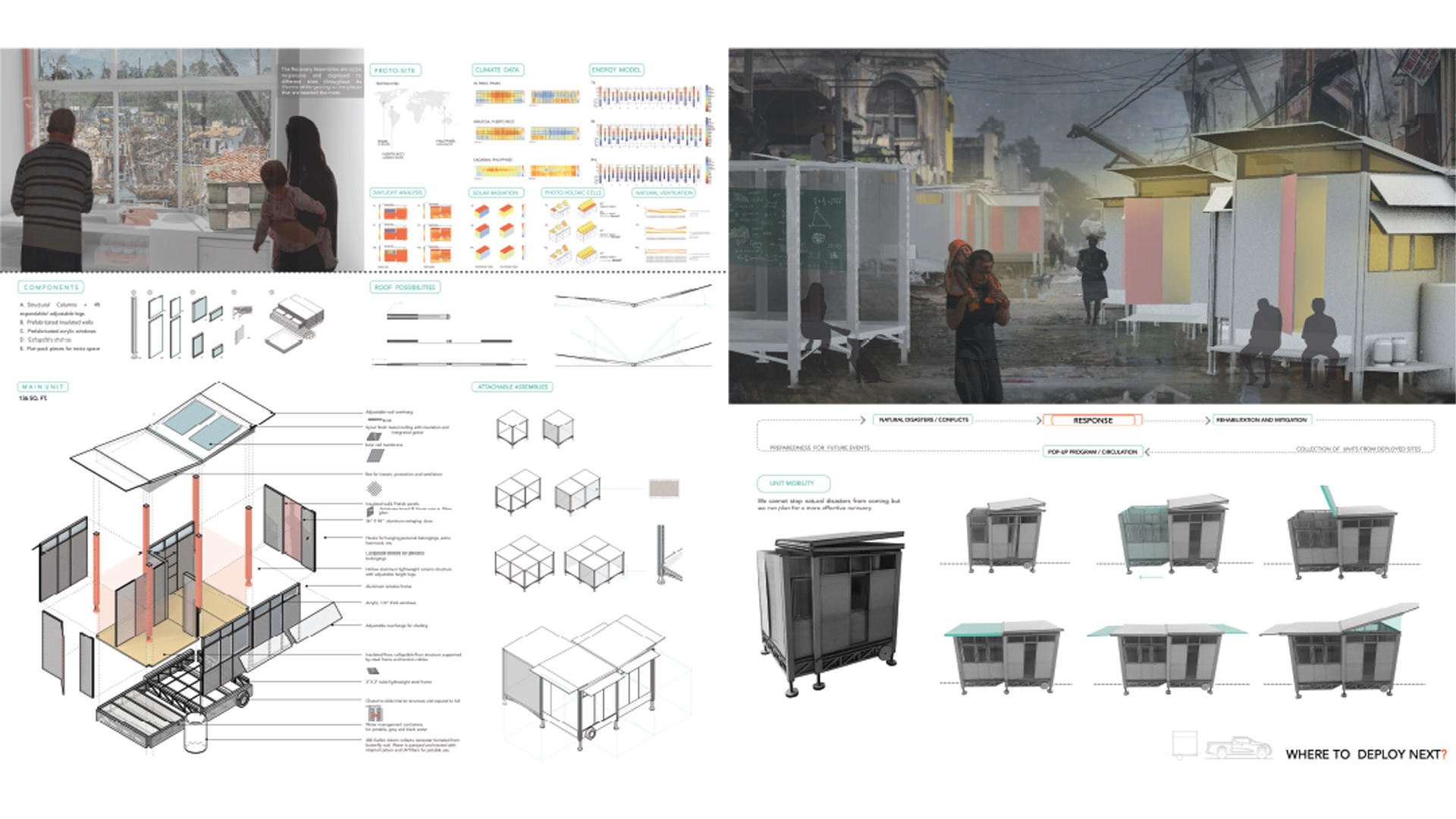
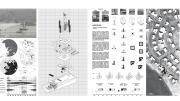
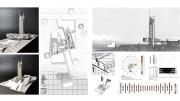
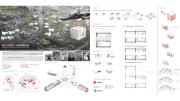
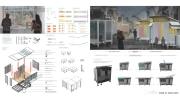
Community
Current and past students in the HPBL have been typically enrolled in the MS and PhD programs in Architecture at Georgia Tech. However, research synergies with the BSArch, MArch and MSUD can be (and are continuously) established. We are currently accepting Ph.D. and MS students (with funding) starting Fall 2024. For information about joining the HPBL, please contact the lab director.

Lab Director: Dr. Tarek Rakha
Tarek Rakha is a researcher, educator, and entrepreneur that integrates building design technology and environmental sustainability with the needs of underserved communities. He is Associate Professor of Architecture and Director of the High Performance Building Lab (HPBL) at Georgia Tech, and Co-founder and CEO of Lamarr.AI, a startup that commercializes technology developed through his funded academic research. Tarek is an architect by training, and before joining Georgia Tech in 2019 he was Assistant Professor at Syracuse University, after earning a Ph.D. in Building Technology from MIT in 2015. He was trained as an architect in Egypt, holding a bachelor’s and master’s degree from Cairo University.

Faculty: Dr. Patrick Kastner
Patrick Kastner joined Georgia Tech as an Assistant Professor of Architecture in 2023. With a background in systems engineering, his goal is to empower architects and urban designers with software tools that place sustainability at the forefront of the profession. During his doctoral research, he developed Eddy3D, a microclimate modeling software toolkit for Rhino & Grasshopper, now adopted by leading institutions in both academia and practice. Originally from Germany, Kastner holds a Ph.D. in Systems Engineering from Cornell University, a M.S. in Sustainable Building Science from TU Munich, and a B.S. in Energy Engineering from FAU Erlangen-Nuremberg.
HPBL Alumni
Distinguished Georgia Tech Alumni in HPB






High Performance Building Lab in the News
Questions?
Contact Us
